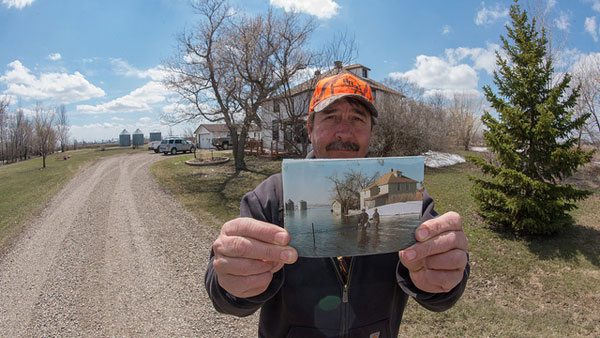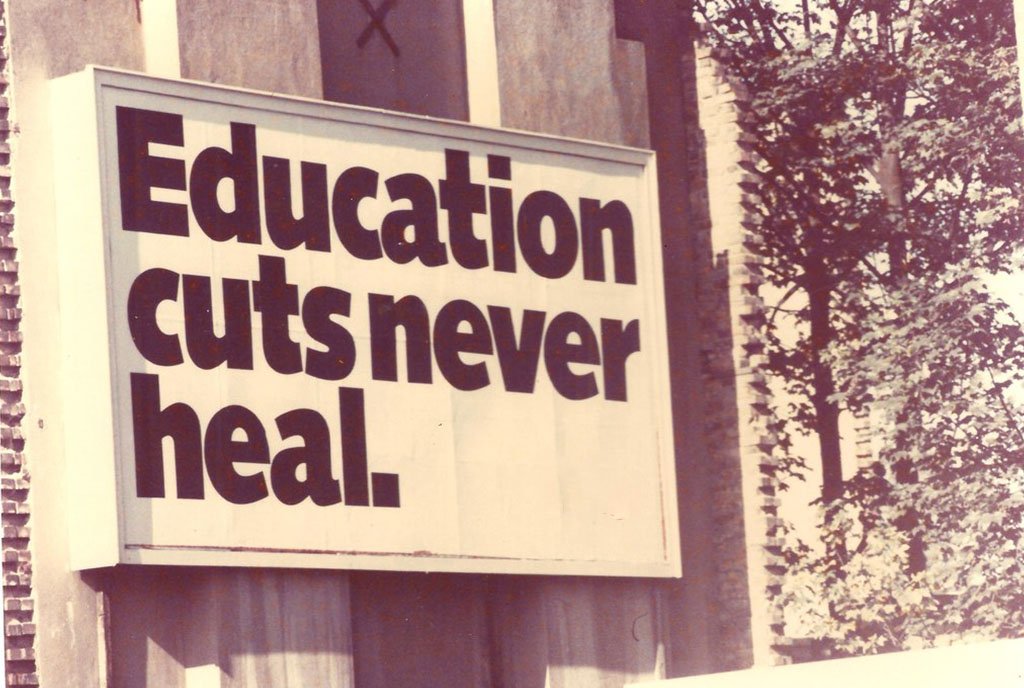
April 9, 2018; Mongabay
A study in the journal Nature Sustainability drew attention to a growing form of conservation efforts: payments for environmental services, or PES. The programs involve paying the owners or users of land to change their behavior to promote better environmental outcomes—for instance, to harvest fewer trees. In the trope used by program advocates, PES make trees worth more standing than cut down.
The study found that this kind of financing is growing rapidly, but there isn’t much data on it and its effects are not well understood. Crucial questions of environmental and economic justice, as well as the influence of postcolonial economies, land distribution, and value systems, seem to have gone unaddressed.
There are three main types of PES, according to Nature, defined by who is paying:
- User-financed PES. Users of ecosystem services agree to compensate landholders for activities that maintain or enhance the delivery of ecosystem services.
- Government-financed PES. Third parties acting on behalf of users compensate landholders for activities that maintain or enhance ecosystem services delivery.
- Compliance PES. Parties facing regulatory obligations compensate other parties for activities that maintain or enhance comparable ecosystem services or goods in exchange for a standardized credit or offset that satisfies their mitigation requirements.
PES have grown explosively. There are over 550 programs and nearly $40 billion invested in them. In 2009, there were 77 watershed preservation programs; in 2015, there were 387. But according to a paper from Michigan State University, “the dominant literature on PES lacks a sophisticated understanding of social norms and fails to address what will happen to behavior once payments end.”
There’s a lot to like about PES: they promote ecologically sensitive behavior through incentivizing preservation. They provide a more diverse income stream to populations that have heretofore relied chiefly on natural resources and are a potential source of investment capital. James Salzman, the Donald Bren Distinguished Professor of Environmental Law, said, “These programs…also have an explicit additional purpose of rural development.”
Researchers have pointed out some obvious flaws. One is a question of access. According to a paper from the International Institute for Environment and Development, “Transaction costs are multiple and expensive, and many of the requirements are fixed costs that weigh more heavily on small properties. Attempts to reduce the entry costs for small farmers have not been entirely successful, and most small farmers still face significant barriers to entry.” Costa Rica, one of the first countries to implement a widespread PES program, found that even when they specifically targeted regions with higher poverty rates, larger farmers still won most of the PES contracts. IIED has made several suggestions of ways to adjust the criteria for participants to make the program more inclusive of smaller, poorer farmers.
Sign up for our free newsletters
Subscribe to NPQ's newsletters to have our top stories delivered directly to your inbox.
By signing up, you agree to our privacy policy and terms of use, and to receive messages from NPQ and our partners.
In fact, the very poor are excluded by more than mere transactional costs. In a paper for the Center for International Forestry Research, Sven Wudner pointed out that “even those poor who control land often do not have formalized or fully secure tenure.” Paying someone who owns land to use it in a certain way is based on a particular conception of land ownership, one that does not even apply everywhere in the US (think of Native reservations and community land trusts), never mind everywhere in the world.
Relatedly, these programs sometimes do not actually create greater wealth for the recipient communities. Mongabay’s Mike Gaworecki pointed out,
It’s frequently the case that participants find the economic benefits of PES programs do not cover their opportunity costs (the benefits given up by participants when they choose not to plant crops on their land but to enroll in a PES program instead, for instance), many still report the program as having been worthwhile.
While there’s certainly value in environmental stewardship that’s hard to capture in financial terms, asking poorer communities to take a monetary hit for the benefit of others who likely contributed more to the problem is a glaring example of economic and environmental injustice.
Further, there are several ways in which a colonial understanding of power underlies the structure of PES. A paper from Geoforum about PES cases in Rwanda pointed out that “perceptions of justness are powerful determinants of human behavior and, consequently, many environmental conflicts arise from contested visions of what constitutes ‘just’ environmental management.” PES offered by large NGOs are likely to be based on the globally dominant conceptions of environmental justice and may intersect with local economies or value systems in ways that create more problems than they solve.
The intersecting forces of environmental justice, ecologic preservation, economic justice, and postcolonial land distribution are all part of PES programs, which makes them more complicated than simply incentivizing a desired behavior, even if, as many advocates claim, they are primarily a force for environmental preservation rather than poverty alleviation.—Erin Rubin











